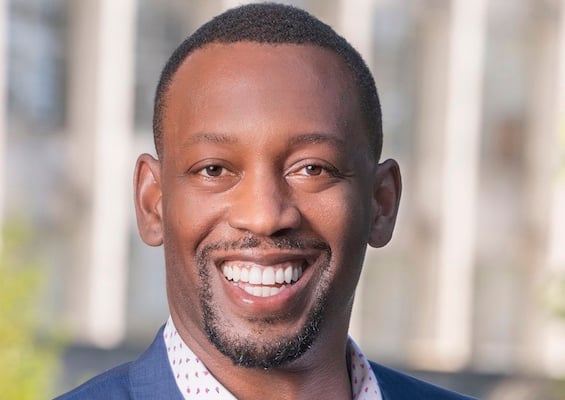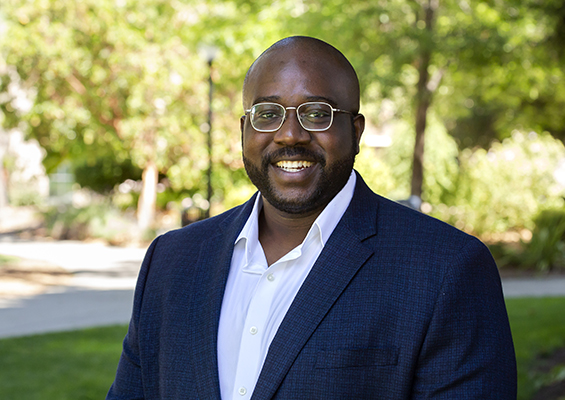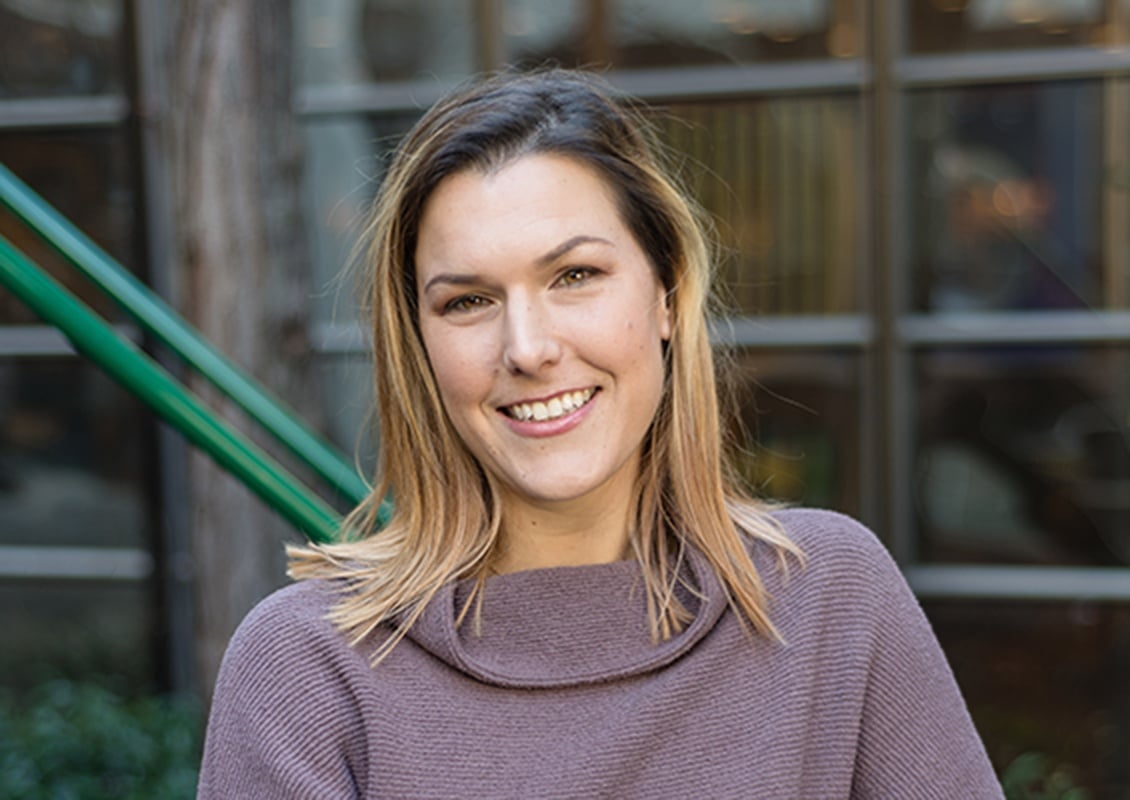There was a time when, if considering a professional degree, you had three choices: medical school, law school, or business school. These days, lines are quickly blurring as professionals in every field are seeing the value of an MBA. Nowhere is this more striking than in the medical profession, where the demands of a rapidly changing healthcare system require doctors to be ever more business savvy.

Costanzo “Zino” Di Perna, MD, is the Medical Director for the Dignity Health Cancer Institute of Greater Sacramento, and a physician with Mercy Medical Group Inc. In his work as a thoracic surgeon, he handles about 500 cases a year and oversees a large practice. He’s particularly interested in developing and implementing new healthcare technologies, as well as digital healthcare initiatives.
Zino is also enrolled in the Berkeley MBA for Executives program. In this two-part series, we sit down with him to find out first, why he feels a business degree is critical to his own professional success and, in our next installment, why it may be important for more MDs to add MBA diplomas to their office walls.
Part I: New Skills, New Opportunities
Q: In your work as a physician what are the greatest demands on your time and creativity?
A: As a thoracic surgeon, I perform lobectomies, complete lung removals, lung cancer surgeries, and esophagectomies, as well as reconstructing everything in the chest. I’m also developing a virtual tumor board that employs a global cancer network, allowing cancer patients to get hundreds of second opinions.
Q: What’s an example of a new skill you’ve gained through the Berkeley EMBA program, and how have you used it in your own work?
A: In her course, Leading and Managing Organizations Associate Professor Dana Carney taught us the art of negotiation and of strategically leading the conversation. I’m already using this when talking with vendors, other doctors, and administrators. It’s helping me to negotiate contracts, insurance coverage, and patient care.
Q: Can you give me an example of a problem or opportunity you now see differently?
A: I’m more respectful of our limited healthcare capital, how precious it is. Rather than blaming the administration for not giving us what we need, I now understand how difficult it is to obtain both capital and resources. They don’t teach that in medical school.
Q: You recently completed the EMBA program’s Silicon Valley Immersion Week, focused on entrepreneurship. What was the most helpful thing you learned?
A: The healthcare industry could learn from small Silicon Valley start-ups about how to work with limited resources. I also saw many companies that are focused on selling products to health-care systems. Companies that want to be successful in this industry need to develop cost-effective initiatives that will preserve resources. There are no more deep pockets here. We need to do more with less.
Q: How have you managed to balance a demanding medical practice with getting your MBA? What would you say to other doctors who might be interested in doing the same thing?
A: I’d tell them to be very organized and determined. You have to be extremely motivated to get this degree while continuing to practice medicine. A lot of the Haas group work can be done through phone calls or Google Hangouts. It isn’t easy, but the payoff will be substantial.
Since I enrolled at Haas, many physicians have come up to me and said that they’re interested in doing it, too. Within my own group of colleagues, I’ve already encouraged two physicians and one nurse practitioner, who will be in the class of 2016.
—Kirsten Mickelwait








